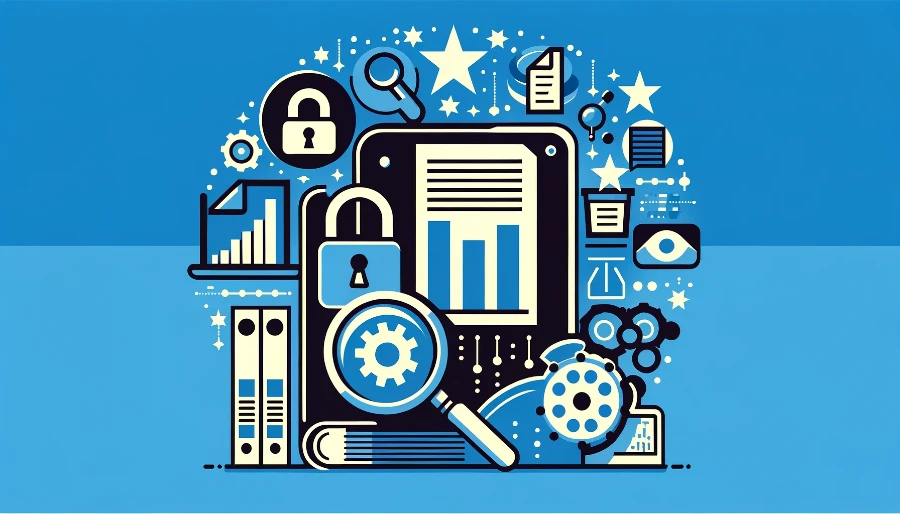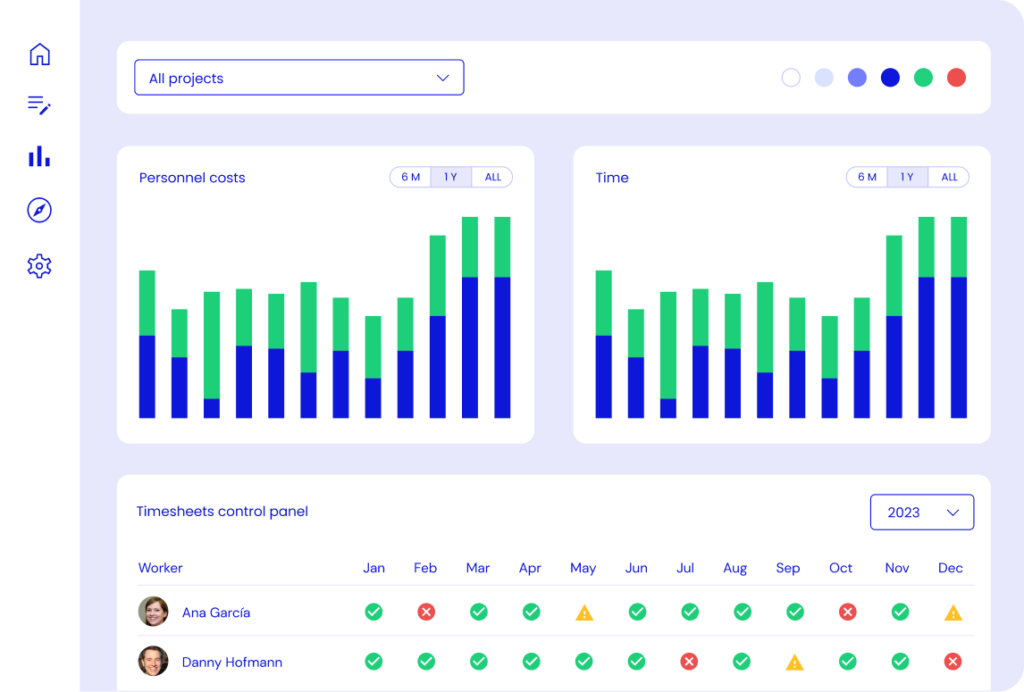In the dynamic world of Horizon Europe-funded research and development (R&D), managing data effectively is a cornerstone of success. This comprehensive guide explores the creation of a Research Data Management Plan (DMP), a critical component for any research project. Using insights from Kronis.app, this article will highlight how to align with the FAIR (Findable, Accessible, Interoperable, Reusable) principles to ensure your project’s data management is up to par.
Understanding the Research Data Management Plan
A Research Data Management Plan serves as a strategic framework, guiding the collection, storage, and use of research data. For those embarking on Horizon Europe projects, a DMP is not just a requirement but a pathway to efficiency and compliance. Kronis.app offers intuitive tools to simplify this process, ensuring that your DMP meets the highest standards.
Key Components of a DMP
- Data Description: Detail the types of data you’ll collect or generate, its format, and how it aligns with your project’s goals.
- FAIR Data Principles: Ensure your data adheres to these principles, making it valuable and accessible for future research.
- Legal and Ethical Considerations: Include GDPR compliance, data sharing policies, and ethical approval procedures.
- Data Storage and Preservation: Outline how you will securely store, back up, and preserve data for the long term.
- Resource Allocation: Discuss budget and responsibilities for data management within your project.
FAIR Principles in Data Management
- Findable: Assign persistent identifiers and enrich your data with metadata.
- Accessible: Store data in accessible formats and locations.
- Interoperable: Ensure compatibility with other datasets and tools.
- Reusable: Accompany your data with clear documentation for future use.
Types and Formats of Research Data
Detailing various data forms is essential, from raw data collected during experiments to processed data. The DMP should cover these types and their formats, aligning with project objectives.
Ethical and Legal Aspects of Data Management
Address how your data collection and use comply with ethical standards and legal requirements, such as GDPR. This includes obtaining informed consent and ensuring data privacy.
Ensuring Data Security and Long-term Viability
Data security is a critical aspect of a DMP. Your plan should include measures for data encryption, secure storage, and regular backups, as well as strategies for long-term data preservation. Kronis.app can be a valuable resource in implementing these measures effectively.
Allocating Resources for Data Management
Adequate resources are vital for effective data management. The DMP should outline the budget for these activities and define roles within the project team. For assistance in budget planning and resource allocation, consider Kronis.app’s project management tools.
Managing Other Research Outputs
Beyond data, R&D projects often yield other outputs, like software or physical samples. The DMP should also address these, applying FAIR principles where applicable.
In conclusion, the cornerstone of any Horizon Europe project lies in a well-structured Research Data Management Plan. Adherence to the FAIR principles and meticulous attention to various data management aspects are crucial for researchers aiming to lead successful and impactful R&D endeavors. For additional guidance and innovative tools to streamline your project’s data management process, consider visiting Kronis.app – your dedicated partner in adeptly navigating the complexities of Horizon Europe projects.


